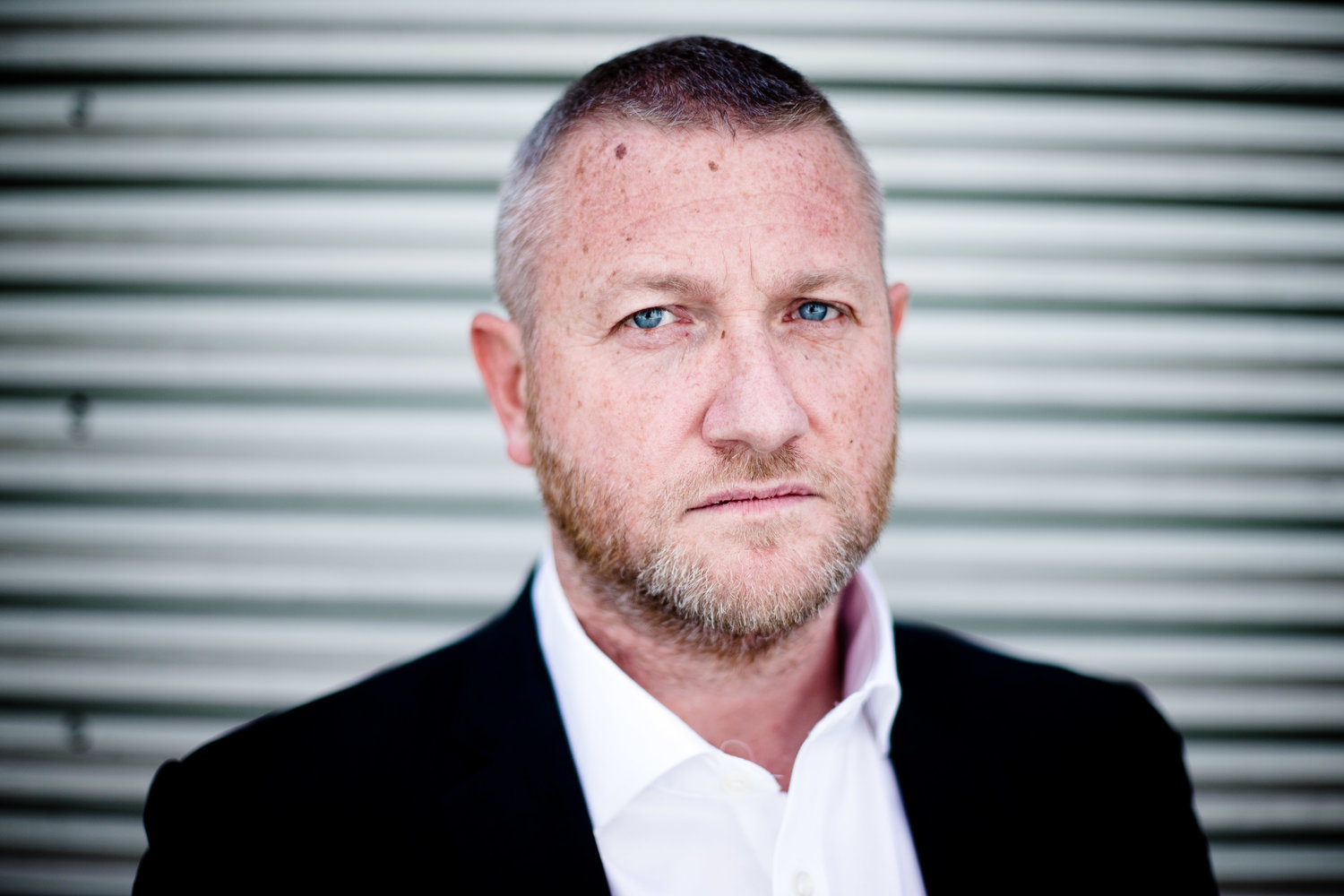WHAT DEFINES AN ACT OF TERRORISM?
There's been a lot of discussion lately about why some people are called terrorists, and others aren’t. This argument has become particularly rampant recently, in connection with two acts of violence, which both claimed the lives of civilians in the United States.
On 1st October 2017, Stephen Paddock fired an assault rifle into a crowd of approximately 22,000 concertgoers at a country music festival on the Las Vegas Strip. Paddock killed 58 people and injured a further 546 before taking his own life, as police entered the hotel room he had used to shoot into the crowd from.
It was the worst mass shooting in recent US history.
Paddock lived in Mesquite, 80 miles from Las Vegas. Born in Iowa, US in 1953, he was an avid gambler and real-estate investor.
Less than a month later, 29 year-old Sayfullo Saipov used a rental truck to mow down cyclists and pedestrians in New York - killing eight and injuring eleven.
Saipov had been in the United States since 2010. He had emigrated from Uzbekistan and lived in Fort Myers, Florida.
Visually the two crimes were similar. Both had numerous dead bodies, and both were acts of extreme violence by disturbed individuals. Visually, Paddock and Saipov looked very different. Paddock was a ‘John Doe’ old white guy from Mid-West America, while Saipov was a young, slim, non white, bearded Muslim from a place that some in the Mid-West may never have heard of.
Very quickly the killings that Saipov carried out were called ‘acts of terror’ - while a month on, Paddock’s killings are referred to as mass murder and not terror related. Perhaps, rather predictably, there are many who are claiming that this is racism, that both should be called terrorists, or neither of them should be, or that the United States only recognises terrorists if they aren’t white and have beards.
Terrorism, like many other crimes, is defined by the motive and guilty mind of the suspect. Touching someone’s shoulder to attract their attention is very different to touching someone’s shoulder while shouting, ‘I’m going to have sex with you!’ The latter would be construed as an indecent assault, while the former may not even be seen as an offence. This is because what is in the mind of the suspect at the time of the act taking place is the most important aspect. Obviously the onus is on any prosecutor to prove what was in the mind of the suspect at the time of the offence. This can be taken from witnesses, from the victim, from a confession by the suspect, or inferred by a jury in a court when taken with other evidence collected by the police.
Terrorism is no different. It is all about motive, and not the method used. What is going on in the mind of the suspect at the time of the offence? Why have they done this?
To prove something is terrorism, a prosecutor will have to show evidence that an act, threat or desire to cause violence was motivated by a political, ideological or religious motive.
In Saipov’s case this was simple and straightforward; he was shouting “Allahu Akbar” (an Islamic phrase appropriated by terror groups) at the time of his murderous rampage. In his truck were an Islamic State flag and a note pledging allegiance to the terror group. His motives could not have been clearer.
Paddock’s motives are still unclear. Police and prosecutors still don’t know why he amassed what can only be described as a small arsenal of guns and ammunition and then opened fire on a crowd of people who were just there having a good time.
What was going on in the heads of the suspects is what is important - not the colour of these two men’s skins or where they were born. Of course, evidence may yet be found to prove exactly what Paddock’s motives were, and his status may yet be shifted from mass murderer to terrorist.
Right now, we don't need to debate which of these men was more wicked than the other. Both of these men committed evil acts which will be nigh on impossible to forgive, let alone forget.
Calling one a terrorist and the other a mass murderer isn't racist, it's a legal definition.










